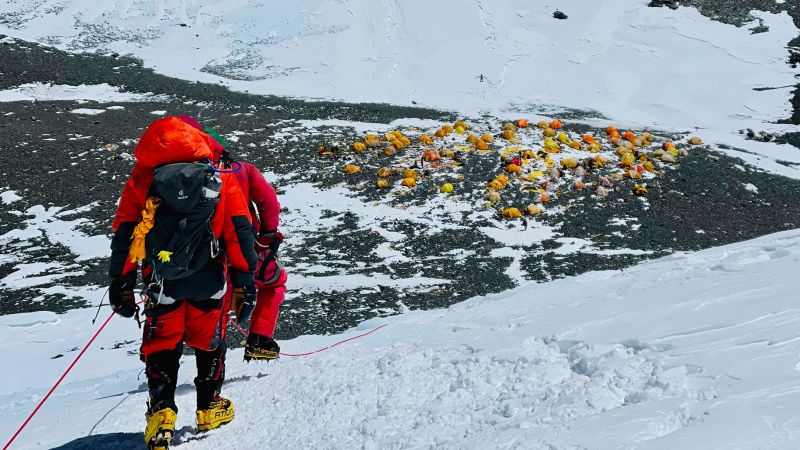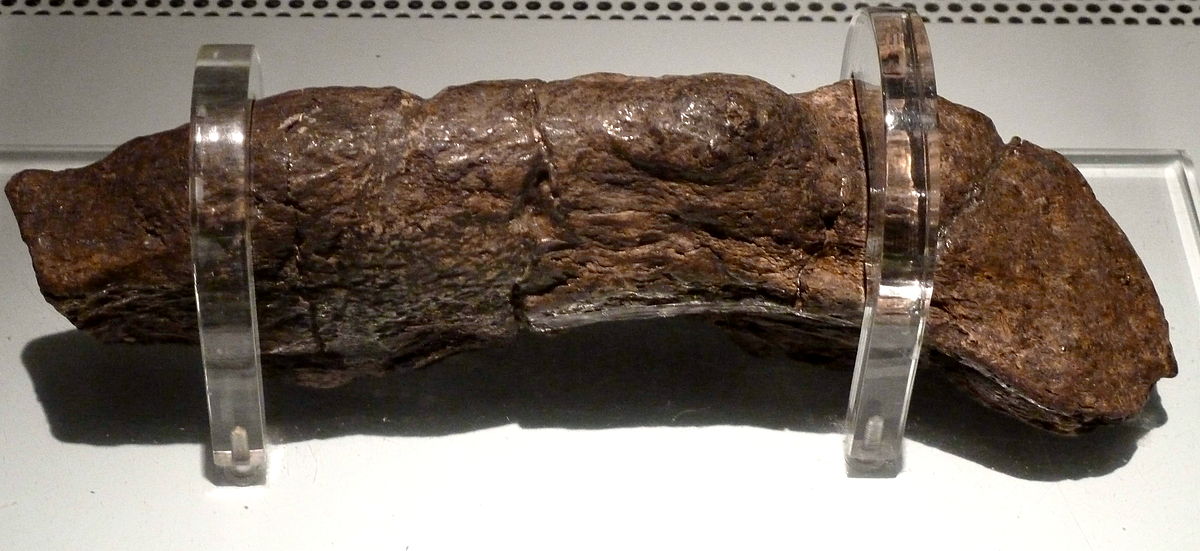RedHat was a major military contractor with job postings like this current one [archive] long before they were bought by another older and larger military contractor.
https://en.wikipedia.org/wiki/IBM_and_World_War_II
https://web.archive.org/web/20240530005438/https://www.redhat.com/en/resources/israeli-defense-forces-case-study (original is 404 for some reason)


















big oof.
the author of this substack is woefully misinformed about the state of technology 🤦
it has, in fact, been possible for several years already for anyone to quickly generate convincing images (not to mention videos) of fictional scenes in real locations with very little effort.
Wow, it keeps getting worse. They’re going full CSI on this photo, drawing a circle around a building on google street view where they think the photographer might have been, but they aren’t even going to bother to try to confirm their vague memory of having seen AP publishing it? wtf?
Fwiw, I also thought the image looked a little neural network-y (something about the slightly less-straight-than-they-used-to-be lines of some of the vehicles) so i spent a few seconds doing a reverse image search and found this snopes page from which i am convinced that that particular pileup of cars really did happen as it was also photographed by multiple other people.